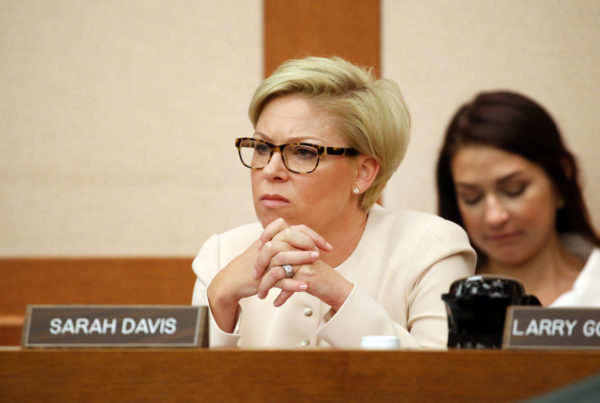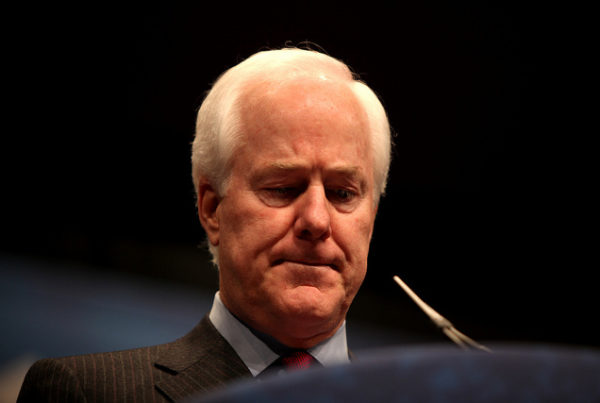From KUT:
The families of roughly 400,000 children in Texas could be receiving letters from state officials in a matter of weeks, letting them know their health care is ending.
Funding for the Children’s Health Insurance Program (CHIP) expired at the end of September, and Congress still hasn’t reauthorized the program. Legislation aimed at shoring up the program has bipartisan support, but there’s disagreement in Congress about how to pay for it.
In Texas, it’s hard to tell when money will run out. So far, state officials say it could happen as early as January.
Advocates say that means in just a few weeks a Texas law could kick in, requiring officials to give families on CHIP a 30-day notice before the program ends.
“It is very likely that sometime in the month of December – and it could be as early as Dec. 1st – families in Texas will start receiving letters about coverage termination,” says Laura Guerra-Cardus, deputy director with the Children’s Defense Fund in Austin.
Guerra-Cardus helps families enroll in CHIP, which provides health care for children in mostly working-class families. She says some families are already stressed about the possibility of the program shutting down.
“Even getting a letter like that, even if the program is eventually re-funded, it’s going to cause incredible levels of stress for most families and chaos for some who cannot afford to have a gap in coverage for their children,” she says.
Children who are receiving ongoing therapies or rely on prescription medications would be most affected by a coverage gap, she says.
Another issue before state health officials, advocates and families relying on CHIP is that little is known about what will happen after those letters are sent out. For example, state law isn’t entirely clear about what happens if the money gets reinstated.
“I don’t think state law ever got that granular,” says Anne Dunkelberg, associate director with the Center for Public Policy Priorities and an expert on Medicaid and CHIP policy in Texas.
Dunkelberg says there’s very little policy that explicitly lays out what happens when the state starts to shut down the program.
“Nobody was anticipating this kind of circumstance,” she says. “So, we have just never gotten this close to a deadline.”
Right now, the plan is to shift the families who lose coverage under CHIP to the online marketplace created by the Affordable Care Act. Dunkelberg says there are few scenarios where this shift won’t cause a gap in coverage, though.
For one thing, the timing is really tight. It’s possible that enrollment for the marketplace will be over by the time families get termination letters. Dunkelberg also says not all families will qualify for subsidies to help pay for plans in the marketplace. She says that means it’s unlikely those families will be able to enroll at all.
Dunkelberg says she’s also worried that the computer systems won’t immediately be able to accommodate these families.
Right now, the online marketplace doesn’t allow people who qualify for CHIP to get an individual plan through the marketplace, so logistically it will take time to smooth that out, too.
Dunkelberg says any scenario here is going to be complicated and hard to plan for, which is why she says Congress should pass the funding bill before December.
“They should act this month,” Dunkelberg says. “We need to be protecting children’s health.”















